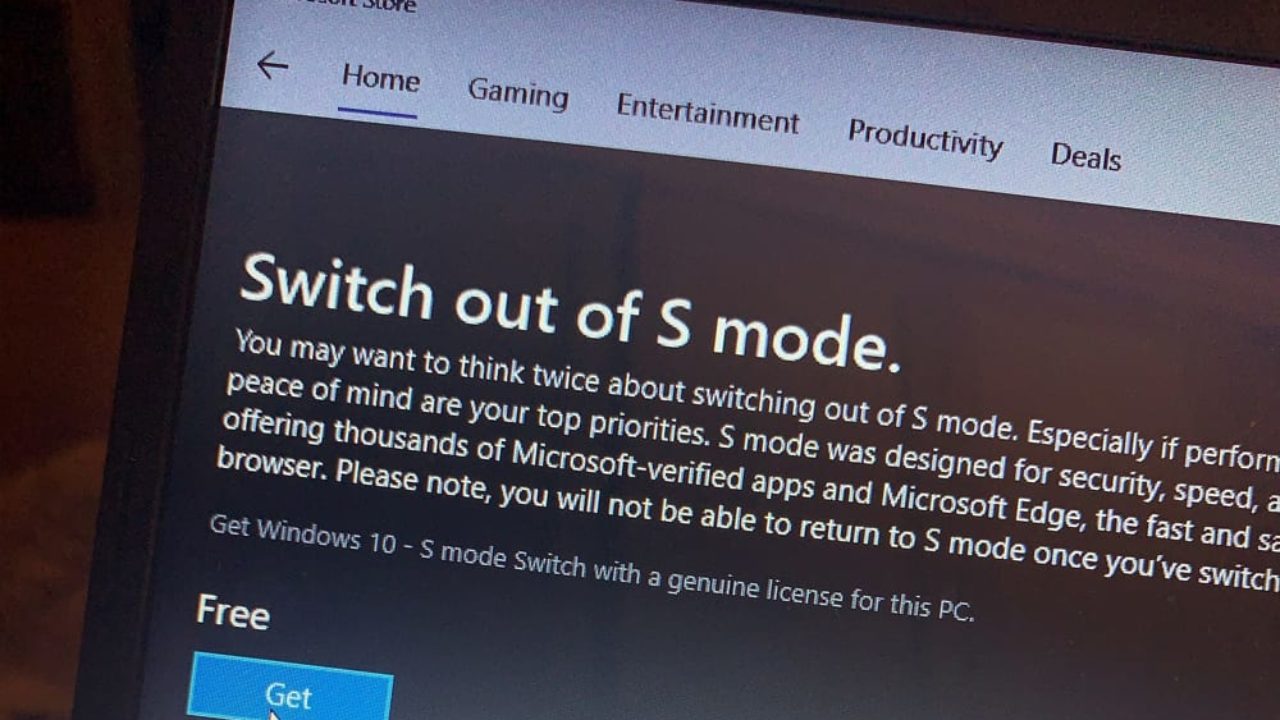

A disk cleanup/repair can clean up hundreds of megabytes by deleting temporary files, unnecessary system files, and even just emptying your recycling bin.Ħ. These temporary files, such as Internet history, cookies, and caches, take up a considerable amount of space on your hard disk, further slowing down your system. Your computer generates a lot of temporary files each time you boot up and/or use applications. Keeping them in the cloud or on an external drive is also a nice way to back up those old family photos that you don’t want to lose. This frees up a lot of memory space, which will also speed up your computer. Save old pictures or videos to the cloud or external drive. Note that if your computer is running slowly and storage isn’t full, your operating system may be having problems.Ĥ. Delete old programs and files you don’t need or compress some of your files (especially large ones). If you have less than 15% free space, your computer could slow down. Go into your control panel and uninstall the programs you don’t need, being careful to keep the ones you do need.Ĭheck how much free space you have on your computer.

Many new computers come with pre-installed programs that take up space and run background processes automatically. While some programs, such as antivirus and firewall software, should be allowed to run automatically, you can close others (such as iTunes or Microsoft Office) until you actually need them.Ģ. Many computers automatically run programs in the background, which uses your computer’s memory and slows your computer down. This is one of the main reasons computers can run slowly. Prevent programs from automatically running when you start up your computer. Whether you have a Mac or a PC, here are 10 tips to try before you resort to taking a hammer to your computer:ġ. And more importantly for businesses, one study conducted in the UK revealed that slow computers can cost organizations 5.5 days of lost productivity per person per year.įortunately, there are ways to make your computer run faster if you find that it’s running slower than it should be. Not surprisingly, Business Wire reported that 66% of Americans say that one of their biggest frustrations is waiting on a system they know should be faster. In today’s high-tech, fast-paced world, if we have to wait more than a couple of seconds for something on our computers to load, we get frustrated and feel like we’re wasting our time. We all know how frustrating it is when our computers are running slowly.


 0 kommentar(er)
0 kommentar(er)
